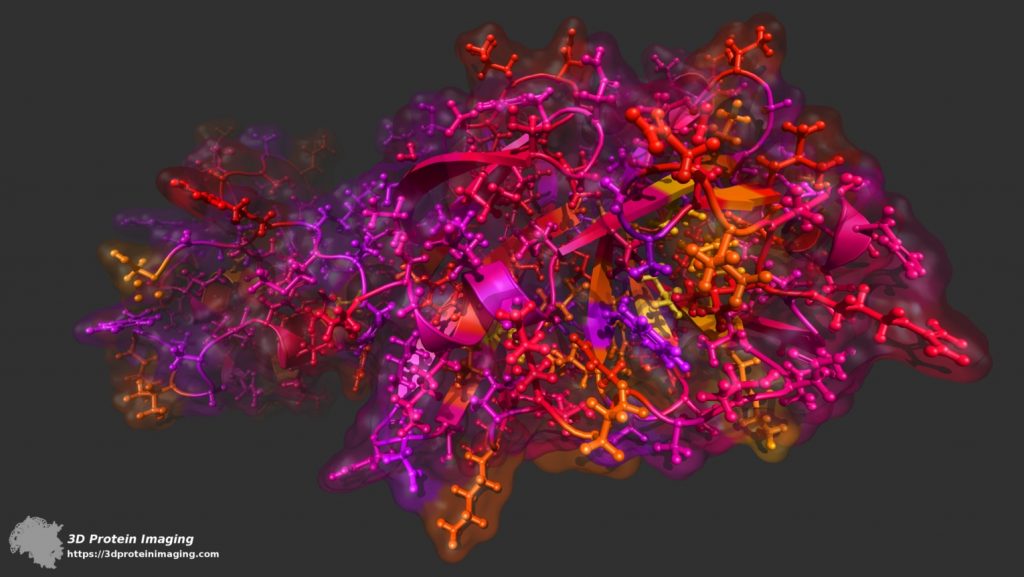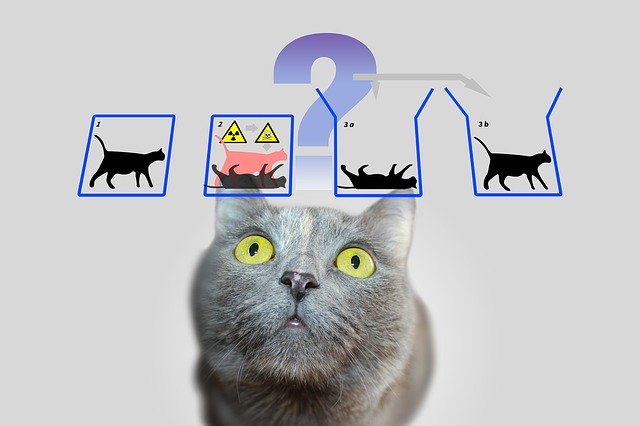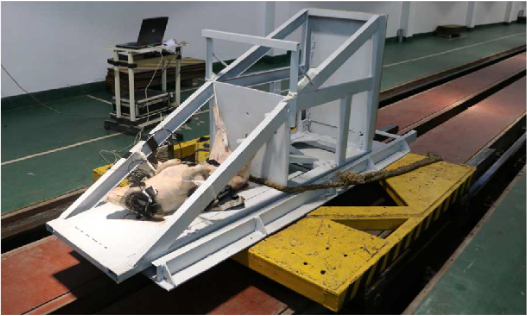
Before we present this week’s Weekend Reads, a question: Do you enjoy our weekly roundup? If so, we could really use your help. Would you consider a tax-deductible donation to support Weekend Reads, and our daily work? Thanks in advance.
The week at Retraction Watch featured:
- the retraction of a preprint on coronavirus;
- a finding of misconduct at Michigan State;
- the resignation of an entire editorial board over a dispute with a journal’s publisher;
- and a former grad student who forged a PI’s authorship — and got smacked down for it.
Here’s what was happening elsewhere:
Continue reading Weekend reads: Highly cited scientist was manipulating citations; ‘botched and unnecessary’ operations; a flawed coronavirus study






